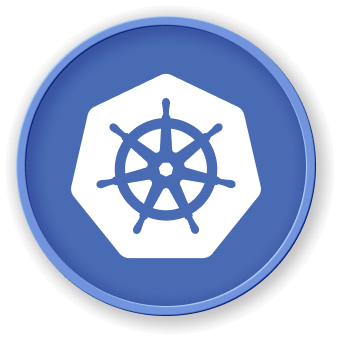Kubernetes Logging Basics
Understanding Kubernetes Logging Fundamentals
Kubernetes logging is a critical mechanism for monitoring and troubleshooting containerized applications. In a distributed system like Kubernetes, logging provides insights into container and pod behaviors, performance, and potential issues.
Core Logging Concepts
Kubernetes logging involves capturing and managing log data from various components:
| Component |
Log Source |
Description |
| Containers |
Application stdout/stderr |
Runtime application logs |
| Nodes |
System logs |
Host-level event logs |
| Cluster |
Kubernetes control plane |
Cluster management logs |
Basic Logging Architecture
graph TD
A[Container] --> B[Pod]
B --> C[Node]
C --> D[Kubernetes Logging System]
Practical Logging Example
Here's a sample Ubuntu 22.04 configuration for enabling container logging:
## Create a simple logging-enabled deployment
kubectl create deployment nginx-log-demo --image=nginx
## View container logs
kubectl logs deployment/nginx-log-demo
## Stream live logs
kubectl logs -f deployment/nginx-log-demo
Log Storage and Management
Kubernetes supports multiple logging strategies:
- Node-level logging
- Cluster-level logging
- External logging solutions
Keywords: kubernetes logging, container logs, pod logging, introduction to kubernetes logs



